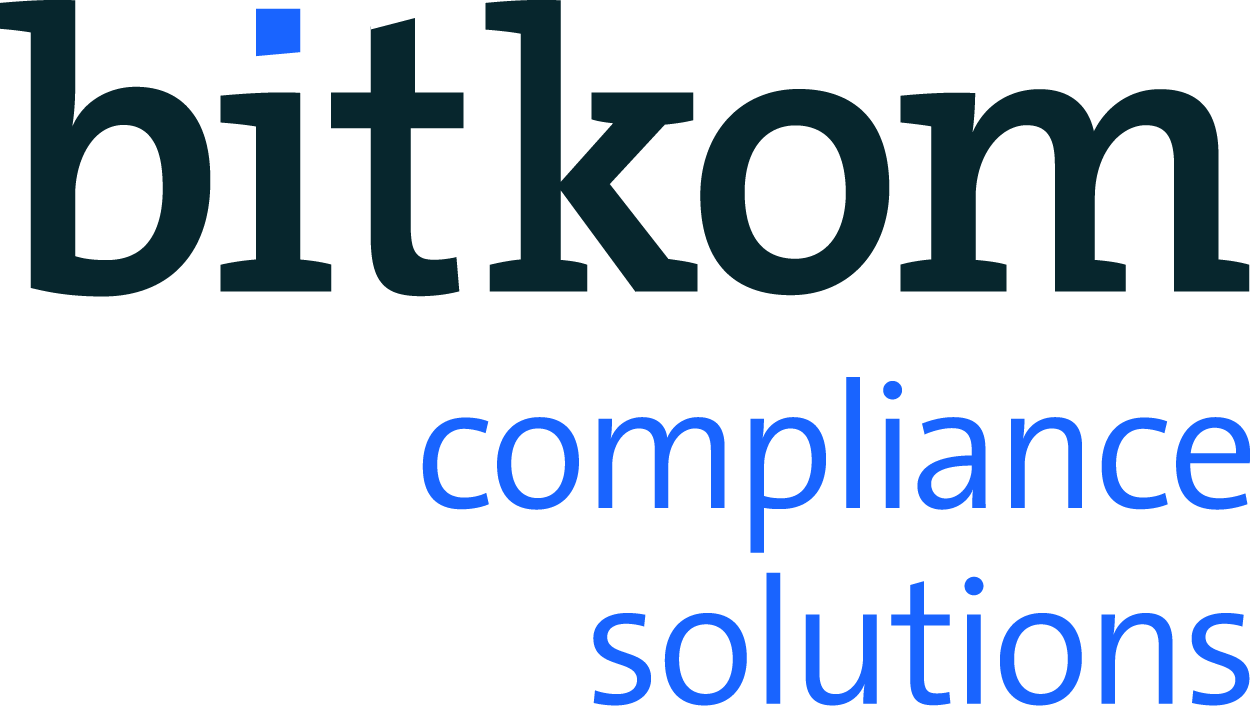
Italy postpones implementation of plastic tax again: details and requirements
The implementation of the extensively debated plastic tax on single-use plastic products in Italy has been postponed again. Instead of July 2024 as planned, the tax is now not due to come into force until 2026.
This marks the seventh postponement of this controversial law. According to government sources, the postponement is necessary to give economic operator sufficient time to adapt and to carefully evaluate the effects of the tax.
Background to the plastic tax
The plastic tax is part of the national implementation of EU Directive 2019/904/EU, also known as the Single-Use Plastics Directive. First adopted in the 2020 Budget Act (Act No. 160/2019), the plastic tax aims to reduce the consumption of single-use plastics. The tax was initially scheduled to come into force in 2020 but has been repeatedly postponed. The most recent postponement sets the start of the tax for 1 July 2026, as established in Decree-Law 39/2024 in Art. 9 -bis, para. 7 a), which was converted by Law 67/2024. This amendment was published in the Official Gazette on 28 May 2024 and thus legally confirmed.
Details of the plastic tax
The plastic tax in Italy provides for a levy of €0.45 per kilogramme of non-recycled plastic. The aim of the tax is to reduce the consumption of these products and reduce the amount of plastic waste. The tax applies to a wide range of products, including products made entirely or partially from synthetic organic polymers, including plastic bottles, bags, food containers and bubble wrap. However, products made from recycled plastic and compostable plastics are exempt from the tax in order to promote sustainable alternatives.
Taxable persons
Producers of the products covered by the tax who are based in Italy or produce there are subject to the tax. In the case of imports from other EU countries, the tax liability depends on the purpose. Companies that purchase the products for their business activities are also liable for the tax. If the products are sold to private end customers, the tax liability lies with the seller. In the case of imports from third countries outside the EU, the importer is always liable.
It should be noted that the tax is waived in the event that the amount in question is less than €25.
Consequences of non-compliance
The law provides for significant penalties for those who do not pay the plastic tax. These penalties are to amount to two to five times the unpaid tax, but at least €250. Penalties are also planned for late payments: an administrative fee of 25 per cent of the tax owed will be charged, with a minimum fee of 150 euros.
Outlook
It remains to be seen whether the tax will actually be introduced in 2026 following the renewed postponement or whether further adjustments and delays will follow.
What can we do for you?
It is of great consequence for all economic operators to remain alert to prospective legal modifications and to respond in a timely and appropriate manner.
Should you be uncertain about the regulations applicable in the respective EU countries, our team is available to assist you in maintaining an overview. Additionally, we offer support with the registration of packaging, batteries, and electrical and electronic equipment (WEEE). For further information, please visit our website (Hyperlink: Webseite Services. Alternatively, you may contact us directly via our request for quotation form or by telephone. We look forward to assisting you.

